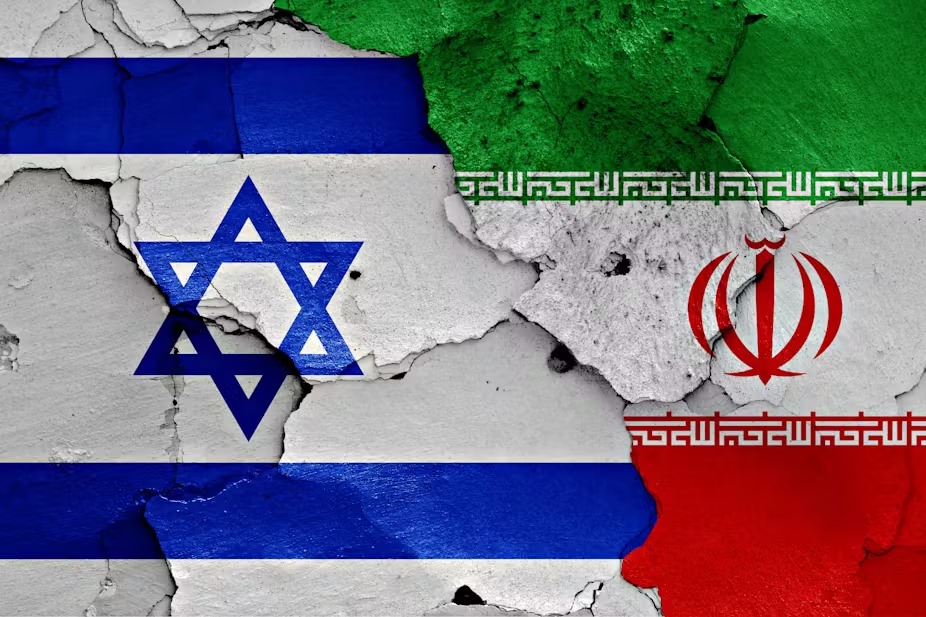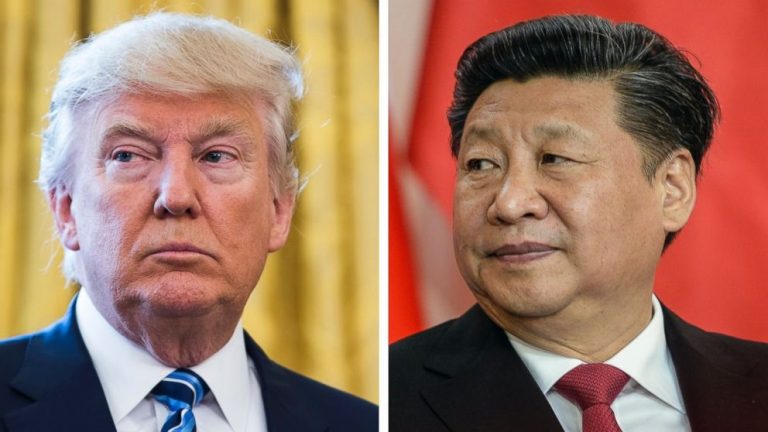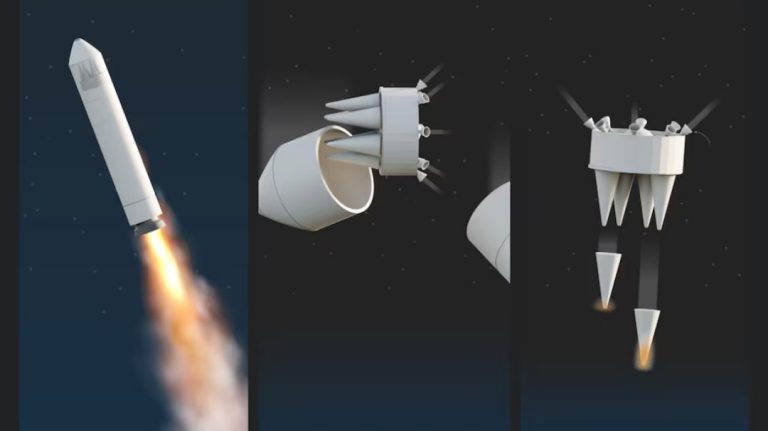Explainer | Israel-Iran war: The genesis and what we know so far
The Israel-Iran conflict, with its decades of deep-rooted geopolitical rivalry and ideological opposition, remains one of the most volatile flashpoints in Middle Eastern politics. It’s a war never officially declared but never truly dormant, marked by threats, covert operations, assassinations, and, at intervals, open military confrontations that risk sparking a broader conflict.
Genesis
For first-time observers, the conflict may appear to be an age-old hostility. However, historical records reveal that relations between the two nations were relatively cordial before 1979, particularly under Iran’s last Shah, Mohammad Reza Pahlavi. During that period, both nations engaged in diplomatic, military, and intelligence cooperation. The relationship took a dramatic turn after the Islamic Revolution of 1979. The newly established Islamic Republic, under Ayatollah Khomeini, made hostility toward Israel a central ideological pillar. Tehran’s leadership made no secret of its desire for the destruction of the Israeli state.
In the years following, the two nations have locked horns in a bitter clash of ideologies, espionage and proxy conflicts. Iran has thrown its support behind militant groups like Hezbollah in Lebanon, Hamas in Gaza, and the Houthis in Yemen — all bitter enemies of Israel. In response, successive Israeli governments have intensified efforts to curb Iranian influence across the region, particularly under Prime Minister Benjamin Netanyahu, who has repeatedly labelled Iran an existential threat.
Current phase
On June 13, 2025, mounting tensions between the two rivals reached a boiling point as the conflict entered a new phase. The bone of contention has always been Iran’s nuclear capability. That Friday, the Israeli Government announced the launch of Operation “Rising Lion” as a preemptive attack on Tehran, which it claimed was confirmed to be very close to developing a nuclear weapon. The Israeli government cited credible intelligence and recent disclosures by the International Atomic Energy Agency (IAEA) that Iran had breached key obligations under the 2015 nuclear deal. Iran, however, has consistently maintained that its nuclear programme is solely for peaceful purposes, pointing to its formal abandonment of weapons development in 2002.
Israel’s Operation focused on critical nuclear sites like the Natanz enrichment facility, missile bases, and research centres, as well as senior figures involved in Iran’s nuclear programme. Iran responded swiftly with a barrage of drone and missile attacks on Israeli targets. For now, neither side is blinking.
International Reactions
International responses so far have been polarising. While the United States maintained it did not directly participate in the Israeli offensive, President Trump voiced strong support for Israel’s right to defend itself, urging Iran to return to the negotiating table. Reports also indicated that US military forces in the region were placed on heightened alert, prepared to assist Tel Aviv if necessary.
On his part, UN Secretary General Antonio Guterres has appealed for “utmost restraint,” while Russia and China condemned Israel’s strikes and expressed willingness to mediate. In the region, Oman, a key facilitator in Iran-US talks, described the offensive as “dangerous and reckless,” calling for immediate diplomatic intervention. Saudi Arabia, Turkiye, and Iraq echoed similar sentiments, labelling the Israeli attacks as violations of international norms and urging restraint from both sides.
The escalating conflict has triggered travel advisories, evacuations, and a major global diplomatic push focused on de-escalation and nuclear non-proliferation.
What Lies Ahead?
With no immediate pathway to resolution, the Israel-Iran standoff remains tense. The stakes are high not just for the Middle East, but for global stability. Whether this crisis escalates or steers both sides back to diplomacy depends on what unfolds in the coming days.
For now, the world watches—holding its breath.







